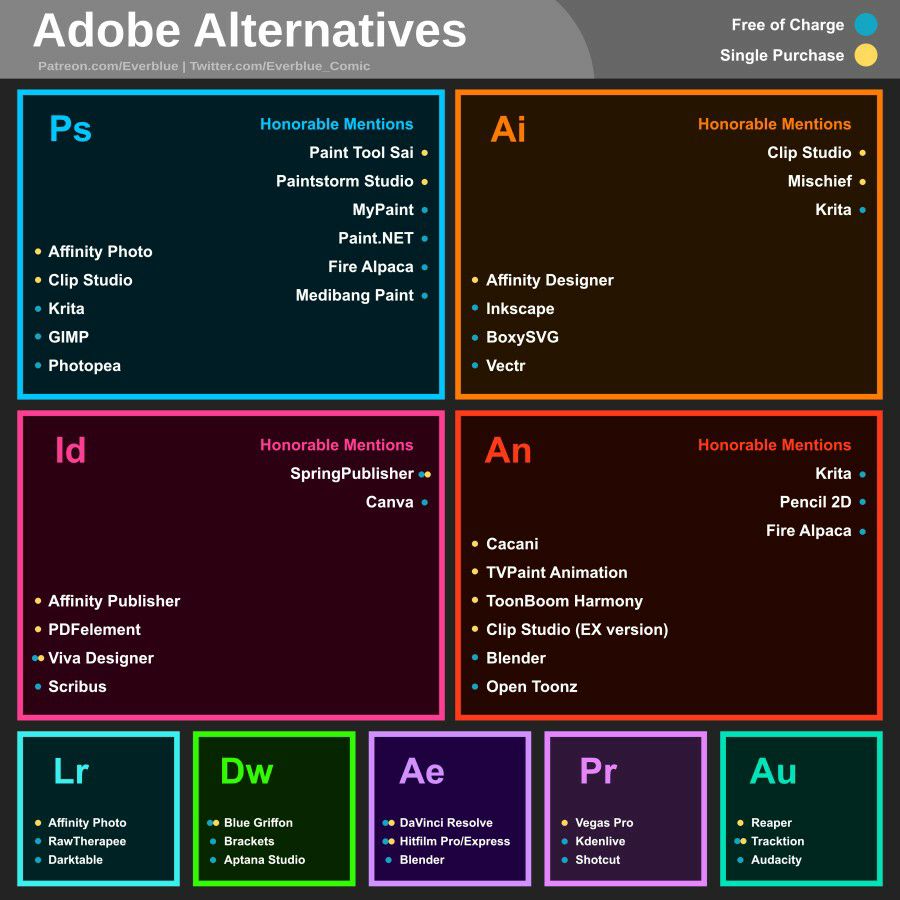Blog/Adobe trends on Twitter after customer shares cancellation fee
13th April 2021
Adobe, for a long time the go-to software for designers in most design disciplines (including web design), has found itself as the talk of Twitter after one disgruntled soon to be ex-customer shared a screen grab of the early-cancellation fee the US firm demanded from her to end her Creative Cloud contract before it was due to expire.
Founded in 1982, Adobe now has a suite of web design, graphic design, video & animation software that includes Acrobat, Photoshop, Illustrator, Dreamweaver, InDesign and Premiere, and has an annual revenue of around $11bn, and employs over 20,000 people having been founded in a garage in Los Altos, California and once being the subject of a $5m offer from Steve Jobs to buy the company outright.
But the company isn’t without its controversies, mostly centring around its pricing practices. Adobe can charge up to twice as much outside the US as it does to its American market (it’s actually cheaper to buy an airline ticket from Australia to the US and buy Creative Cloud there than it is to buy locally!).
Critics also argue that it has many security flaws that can allow hackers access to users’ computers, and that its propensity to buy up competing products and retire them (as in the case of Macromedia Freehand) is anti-free market.
But lately, it’s Adobe’s customer service and cancellation policy that is coming under scrutiny. Potential customers are given the impression that their Adobe contract is a monthly one, however, buried deep in the smallprint it’s revealed that you’re actually signed up to an annual contract that costs almost as much as to continue subscribing for the remainder of the year should you want to terminate.
Perhaps a fairer and more transparent model would be to charge the user a one-off fee annually (as per Office365) but I suspect Adobe might fear asking people for £600 up-front might persuade them to think again. Or the alternative, (a-la Netflix) would be to charge people monthly and allow them to come and go as they please.
But Adobe – presumably buoyed by their market share that has come about as a result of their questionable (to some) business practices – choose to do things differently, and people aren’t happy.
WHAT THE ACTUAL FUCK ADOBE? pic.twitter.com/WxSF7laSH7
— asgore enjoyer 💖 (@MRDADDGUY) April 12, 2021
Will the negative attention encourage Adobe to rethink its practices? I doubt it, but it might encourage more people to investigate the many alternatives that are already out there rather than blindly assuming that they need Adobe.
